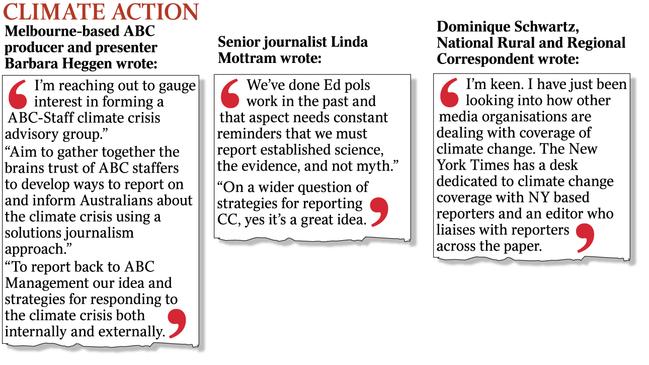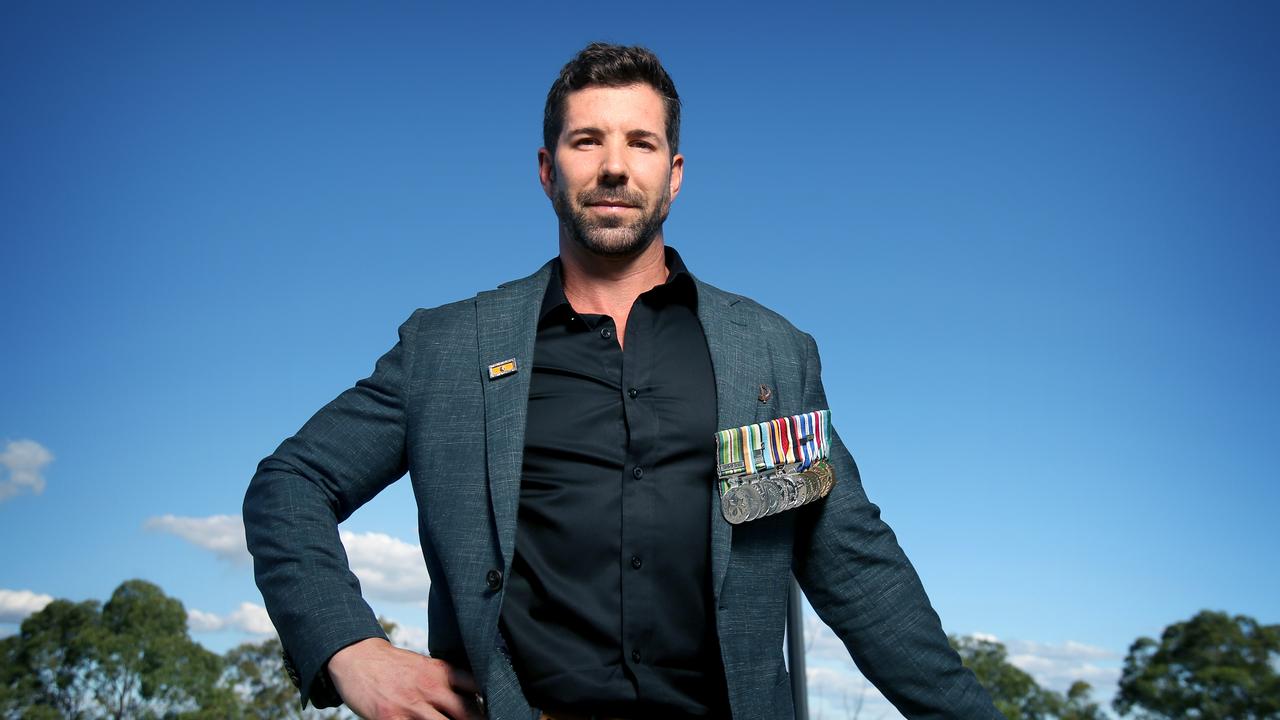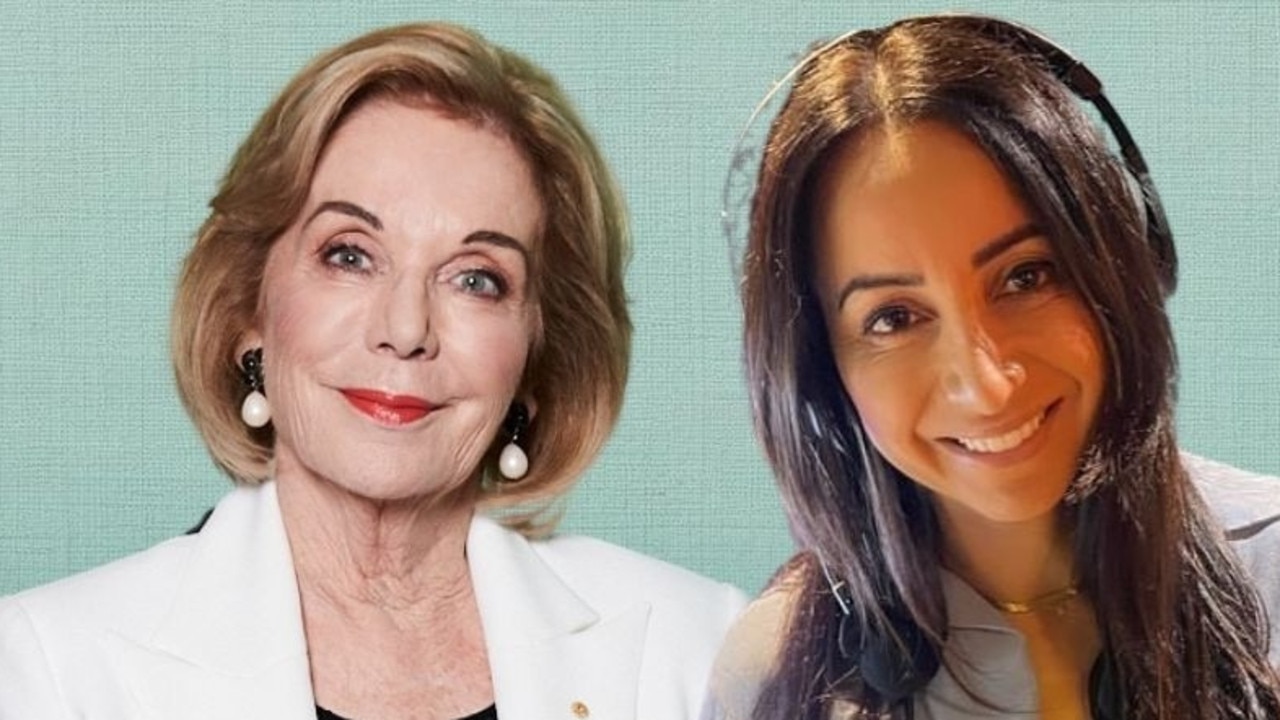ABC staff push for climate group
A plan to form a climate advisory group may put ABC journalists at odds with management.

Senior ABC employees are planning to form an “ABC-Staff climate crisis advisory group” in a bid to report on climate change using “solutions journalism” in a move that could breach current ABC editorial guidelines and spark a feud with management.
The move comes amid a horror week for the ABC around editorial decision-making, which saw the accidental release of names of alleged victims of sexual assault in a documentary produced by the ABC with #MeToo advocate Tracey Spicer.
READ MORE: Ita urged to scrap #MeToo documentary | Tracey Spicer ‘sorry’ after rape victims exposed | Tracey Spicer should own error over names: Rosie Batty | Spicer’s #MeToo campaign does victims a disservice, writes Chris Kenny
In emails obtained by The Australian, employees at the national broadcaster are proposing to form what has been called “ABC-Staff climate crisis advisory group” to “report back to ABC management our ideas and strategies for responding to the climate crisis both internally and externally”.
In an email to colleagues this weekend, Melbourne-based ABC producer and presenter Barbara Heggen wrote: “Sorry for the bulk email but I’m reaching out to gauge interest in forming an ABC-Staff climate crisis advisory group.” Ms Heggen writes that the aim of the group would be “to gather together the brains trust of ABC staffer to develop ways to report on and inform Australians about the climate crisis using a solutions journalism approach” … “To report back to ABC management our idea and strategies for responding to the climate crisis both internally and externally”.
The suggestion elicited some enthusiastic responses from senior ABC journalists. ABC Melbourne journalist and Walkley foundation director Karen Percy described it as “a fabulous idea”.
Dominique Schwartz, national rural and regional correspondent, wrote back comparing the ABC’s coverage with the New York Times. “I’m keen. I have just been looking into how other media organisations are dealing with coverage of climate change. The New York Times has a desk dedicated to climate change coverage with NY-based reporters and an editor who liaises with reporters across the paper.”
Business journalist Stephen Long said he was “keen to discuss this” but “you should be aware also that EdPols (editorial policy) is having a look at this issue”, while senior journalist Linda Mottram said it was a “great idea”.
“We’ve done Ed pols work in the past and that aspect need constant reminders that we must report established science, the evidence, and not myth,” Mottram wrote. “On a wider question of strategies for reporting CC, yes it’s a great idea.”
A change in policy on climate change reporting could represent a significant departure from current ABC editorial guidelines.
While not mentioning climate change, current policy states ABC journalists are to “ensure that editorial decisions are not improperly influenced by political, sectional, commercial or personal interests”.
It also says the ABC should “present a diversity of perspectives so that, over time, no significant strand of thought or belief within the community is knowingly excluded or disproportionately represented”. “Do not state or imply that any perspective is the editorial opinion of the ABC. The ABC takes no editorial stance other than its commitment to fundamental democratic principles.”
Last week Racing NSW chairman and former ABC managing director Russell Balding accused the broadcaster of breaching its editorial guidelines in relation to 7.30’s The Final Race program.
Former ABC chairman Donald McDonald backed Mr Balding, urging the ABC to “listen” to what Mr Balding has to say. “Russell Balding knows how things ought to be done in that area.”


